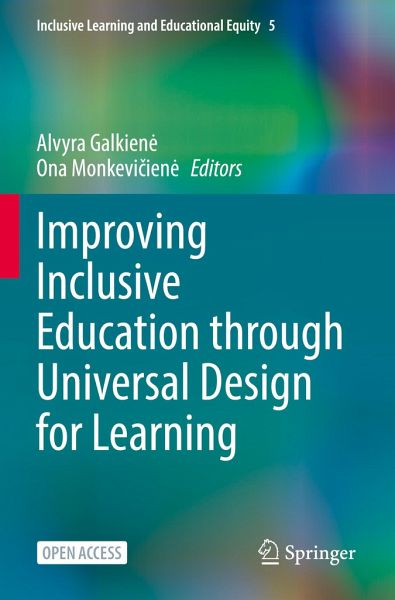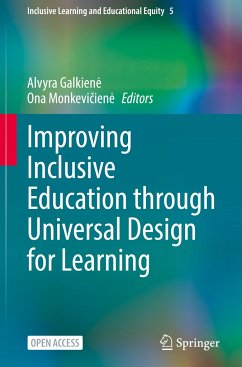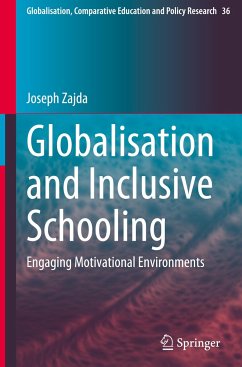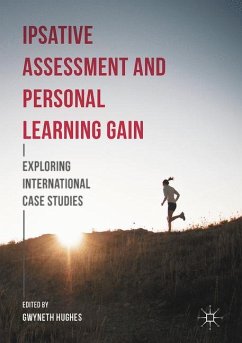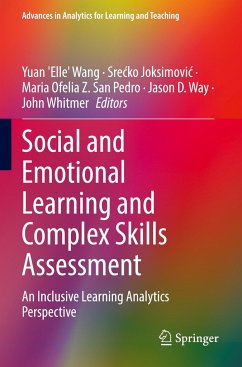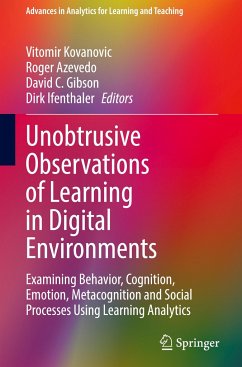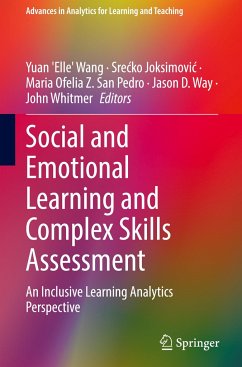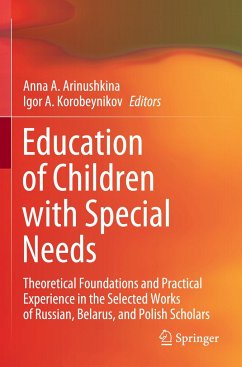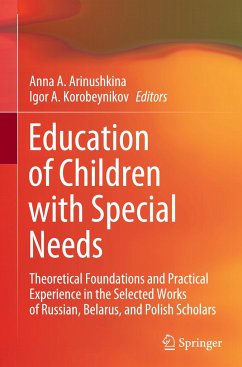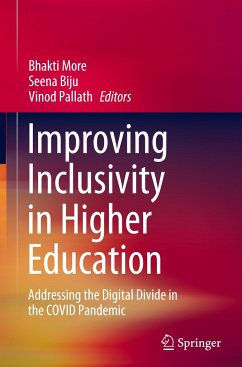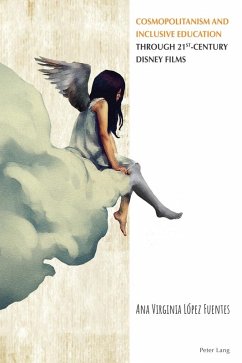Alvyra Galkien¿ is a Professor of Social Sciences (Educational Sciences) at Vytautas Magnus University, Head of the Transformative Educational Research cluster. She is recognized as an inclusive education researcher and one of the pioneers of its practical application in Lithuania. Her field of scientific interests covers the topics of inclusive pedagogy, inclusive policy, Universal Design for Learning, successful participation in education of all students. Ona Monkevi¿ien¿ is a Professor of Social Sciences (Educational Sciences) at Vytautas Magnus University, a chief researcher and Chair of the Transformative Educational Research Cluster Council, Editor-in-Chief of the journal "Pedagogy". Her research interests include early childhood education programs, pedagogical strategies, metacognitive self-regulation of children, early prevention of social and emotional problems, inclusive education, educational and transformational mentoring. Jolanta Baran is a University Professor of educational sciences and special educator at Pedagogical University in Cracow, in the Institute of Special Needs Education. She is the coordinator of therapeutic counselling research, practice and training team of special educators at M.A. level as well as at the post-graduate level. Her field of scientific interests refer to the topics of inclusive pedagogy, Universal Design for Learning, specific and nonspecific learning disorders, hearing impairment, and support families with a SEND child. Gottfried Biewer got his doctoral degree from the University of Wurzburg (1991) and his postdoctoral qualification ("Habilitation") from the University of Koblenz-Landau (2001) in Germany. He worked as a postdoc-researcher at the University of Munich (1992-1998), and as professor in special needs education at the University of Giessen (2002-2004). Since 2004 he is a professor and chair in special needs and inclusive education at the University of Vienna (Austria). During the last years Gottfried Biewer lead several large projects for the Austrian Science Fund (FWF), the European Science Foundation (ESF), and the Austrian Development Cooperation (ADC). In these projects his main international cooperation partners came from Ireland, UK, Spain, Switzerland, the Czech Republic, Thailand, and Ethiopia. The main areas of his research are inclusive education, comparative research in special needs education, vocational participation of persons with intellectual disabilities, life course research with persons with disabilities, and education of persons with disabilities in developing countries. Suvi Lakkala (PhD) is a Senior lecturer in general education and teacher education at the University of Lapland. She is also an Adjunct professor of special education at the University of Eastern Finland. Her research interests cover inclusive education, inter-professional team work, educational transitions and teachers' professional development. She has published several international and domestic articles and book chapters in the field of inclusive education. She has worked on many international and national projects concerning inclusive education and educational transitions. Tamara Cierpiäowska is an Assistant Professor at the Institute of Special Needs Education at Pedagogical University in Cracow, special educator, speech therapist and sensory integration therapist. Her field of scientific interests covers three areas: (1) the functioning of children and youth with special educational needs in the conditions of integration and inclusion, and actions optimizing this functioning, (2) supporting people with disabilities in the process of overcoming limitations and setting their own life goals, (3) supporting development of language and communication skills of children with special developmental needs. Ewa Dyduch is an Assistant Professor at the Institute of Special Needs Education at Pedagogical University in Cracow. She is experienced in special education as well as in early education and the chair of University Education Quality Team in the Institute and she coordinates post-graduate studies in special education needs. Her scientific interests concern the inclusive practice and teaching methodology, education of students with intellectual disability and diagnosis of educational functioning of students. Outi Kyrö-Ämmälä (PhD) works as a university lecturer in Teacher Education at the University of Lapland, Finland. She is also a Vice Dean responsible for teaching at the Faculty of Education. She has played an integrative part in developing the model of research-based teacher education at the University of Lapland. Dr. Kyrö-Ämmälä's research interest is also in inclusive education and in teachers' opportunities to support childrs cognitive skills. In recent years, she has participated in several internationaland national projects related to inclusive and teacher education. She is also a member of Finnish Teacher Education Forum. Gertraud Kremsner currently holds a Senior Lecturer/Post Doc position at the University of Vienna in the field of Inclusive Education. In summer term 2019, she had a visiting Professorship at the Martin Luther-University Halle-Wittenberg (Germany) in the field of general integration and rehabilitation education, followed by another visiting Professorship for inclusive education with particular focus on social and emotional development at the University of Leipzig (Germany) from 02/2020 until 03/2021. Her fields of interests are Participatory/Inclusive Research, Dis/Ability Studies (in education), life history research and research on (former) total institutions. She has been awarded several research prizes for her work. Gerda Mazlaveckien¿ is Doctor of Social Sciences (Educational Sciences), a lecturer and researcher at Vytautas MagnusUniversity. Her field of scientific interests covers foreign language teaching methodology, intercultural studies, personalised learning, inclusive pedagogy, Universal Design for Learning and its implementation in language lessons, as well as foreign language teacher training. Julita Navaitiene is currently Associate Professor of Psychology at the Vytautas Magnus University of Lithuania. Her primary research field is Educational psychology, and her secondary field is Inclusive education. She published one book and more than 25 papers in scientific journals. Rasa Nedzinskaite-Maciuniene is an Assistant Professor of Social Sciences (educational sciences) at Vytautas Magnus University. During the last years she is a leading person and researcher of the partner group of Vytautas Magnus University the Erasmus+ project (KA3 - Initiatives for policy innovation), researcher at Erasmus+ (KA2) project and facilitator (part-time) in national project (EU structural funds) Lyderi¿ laikas [Time for Leaders]. She is a member of national (e.g. Lithuanian Educational Research Association) and international (e.g. international conferences END and ECER) organizations. Her field of scientific interests covers the topics of teacher education, educational leadership and management, teacher professionalism. Michelle Proyer holds a position as TT Professor of Inclusive Education at the Center for Teacher Education and Department of Education, University of Vienna. She received her MA and PhD from the University of Vienna. She has held a position as Research Associate at Kingston University. Her main fields of research and teaching expertise include inclusive education, participatory research designs, international research collaboration and inclusion at the nexus of culture and art. She acts as national PI or coordinator of national and international projects in the context of inclusive education and refugee studies. Egl¿ Stasiunaitiene is a Phd of Social Sciences (educational sciences), lecturer at Vytautas Magnus University. The field of scientific interests: inclusive education, career guidance, assessment and recognition of non-formal and informal learning achievements. Researcher is the co-author of 3 monographs, 12 methodical editions and 16 scientific articles, the expert of national and international projects. She is a member of General Education Council under the Ministry of Education and Sport, and organizes supervision sessions for students, social workers, teachers and nurses.
